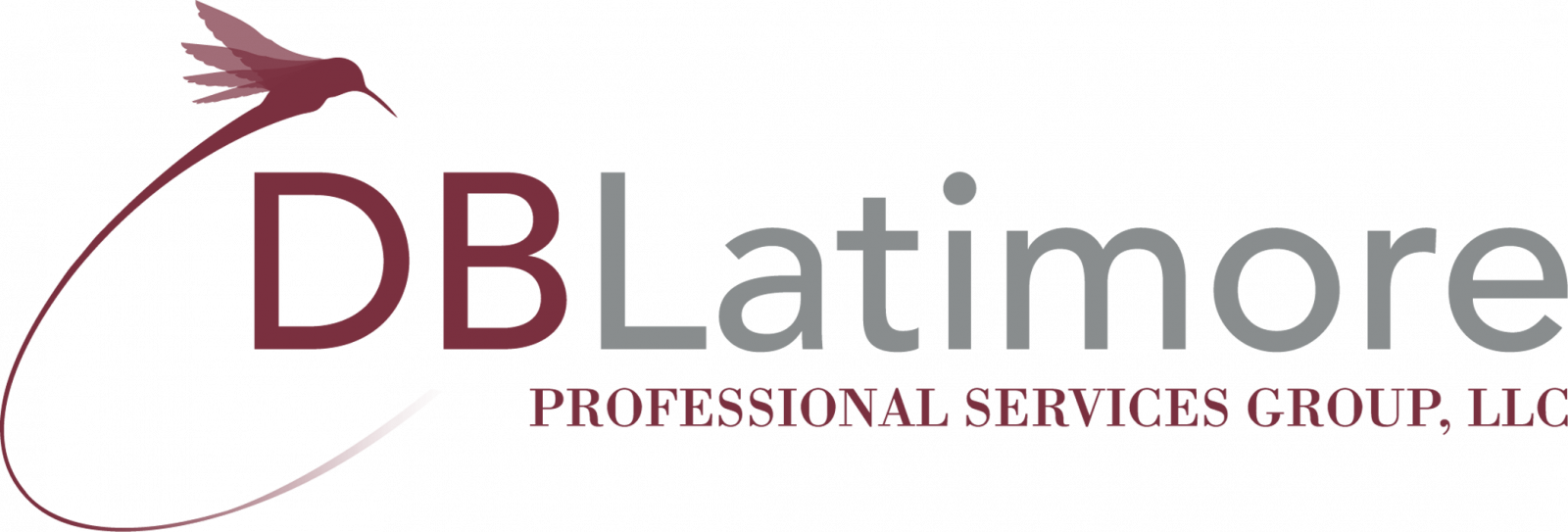As a Human Productivity Specialist working with individuals to maximize productivity, a critical intake question to perspective clients is “ Have you achieved Occupational Wellness?” Most people are familiar with the term “Wellness” however it is often equated to “health”. The National Wellness Institute defines wellness as “an active process through which people become aware of and make choices toward a more successful existence”. There are six dimensions of wellness that operate in an integrated manner. Occupational Wellness is one of the six dimensions.
Occupational Wellness recognizes personal satisfaction and enrichment in ones’ life through work. It is based on the premise that occupational development is related to a person’s attitude. As employees, we understand our organizations’ mission and how our roles contribute to its success. However, the challenge is that we don’t just go to work and perform tasks. We must maneuver the waves of corporate policies, systems, and yes, we must interact with people. When we experience misalignment in any of these areas, we often become disengaged and our occupational wellness is threatened. Occupational Wellness is elusive at best and is rapidly reaching the state of non-existence. How do you know if you are in jeopardy of losing your occupational wellness? Symptoms to pay attention to are lack of motivation, feeling undervalued, feelings of burn-out, and anxiety to list a few. Extreme symptoms may manifest in your physical health; lack of sleep, headaches, high blood pressure, and lack of appetite or developing poor eating habits.
Achieving Occupational Wellness requires an individual effort. The following tips will help you on your journey.
Tip 1: Define Work. We all know the definition of work and we certainly can distinguish between a career and a job, however, incorporating our own definition of work, helps to shape our attitude towards how we use our skills and talents and apply our personal values. Once you define work, choose a profession that allows you to contribute your talent in a manner that is both personally meaningful and rewarding to you.
Tip 2: Understand and Challenge your VABE’s (Values, Assumptions, Beliefs and Expectations) VABE’s are semiconscious values and beliefs developed over time about how the world should work. Based on our VABEs we often operate with limiting beliefs that hinder our success and threaten our Occupational Wellness. Examples of limiting beliefs are:
“No matter what I do it’s never good enough.”
“I won’t get the job – they already know who will get the job from the good old boy network.”
“I got the promotion but no one believes I can do it.”
“I have to work twice as hard as my counterparts to get ahead.”
Limiting beliefs manifest in skewed thinking, feelings of hopelessness, blaming, and fear. Mitigate your limiting beliefs which are often in our “personal blind spots” by actively recognizing and challenging when “VABEs” are impacting how you view and perceive your occupation.
Tip 3: Maintain your place of Power. We all have power. Power in how we think, how we behave, how we show up. I once had an employee tell me that I stole her joy. Without hesitation I responded, you gave it away. Work can be frustrating; we often place the responsibility for our well-being on our bosses, our co-workers and our family. Maintain your place of power by taking ownership for your well-being and your success.
Tip 4: Celebrate every success. We often seek accolades for a job well done and crave recognition and appreciation from others. There is absolutely nothing wrong with that – it is human nature. More importantly give yourself permission to celebrate your own success – and don’t hesitate to recognize when you have done well.
Occupational Wellness is only one dimension of wellness, for total wellness there is interconnectedness with the other five dimensions: physical, spiritual, intellectual, social and emotional.
Maximize your potential by managing your Occupational Wellness.


